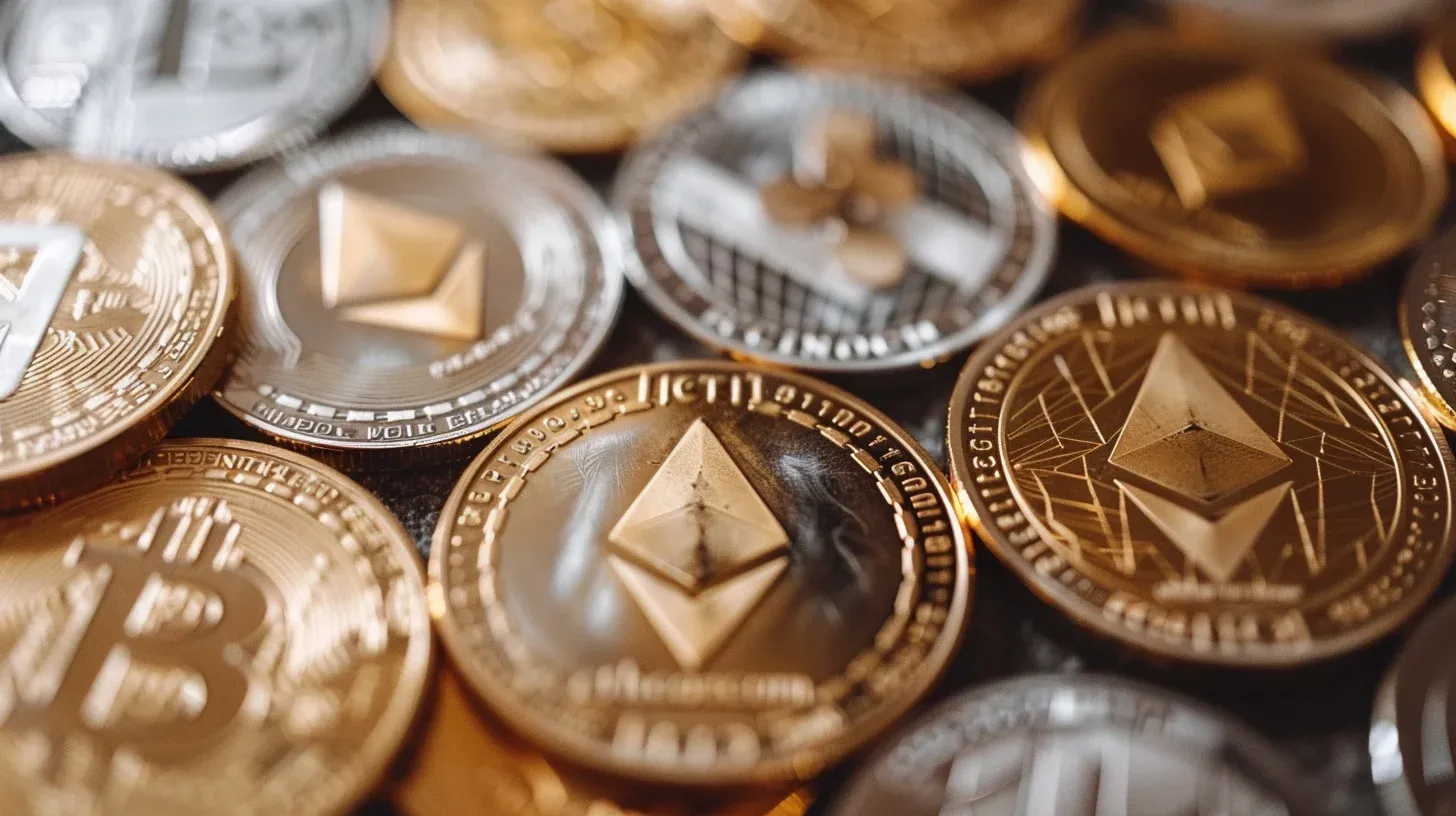27 February 2024
Blockchain Technology Unleashes Its Potential Now and Into the Future.

Press the play button in the top right corner to listen to the article
Blockchain technology, a revolutionary digital ledger system, is transforming industries far beyond its cryptocurrency roots. At its core, blockchain offers a decentralized platform for secure, transparent, and tamper-proof transactions. This innovative technology is not just reshaping the financial sector but also casting a wide net over various fields such as supply chain management, healthcare, and even voting systems.
Presently, blockchain is best known for underpinning cryptocurrencies like Bitcoin and Ethereum, providing a secure and decentralized method to record transactions. Its ability to ensure transparency and reduce the chances of fraud makes it an attractive option for financial services. Moreover, smart contracts, self-executing contracts with the terms of the agreement directly written into code, are gaining traction. These contracts automatically enforce and execute the terms of agreements, streamlining processes and reducing the need for intermediaries.
Beyond finance, blockchain is making significant strides in supply chain management. It offers an unalterable record of product journey from manufacture to sale, enhancing traceability, and reducing counterfeiting. In healthcare, blockchain secures patient data and enables seamless sharing among authorized professionals, improving diagnoses and treatment plans.
Looking to the future, the potential applications of blockchain are vast. One promising area is in voting systems, where blockchain could offer a secure and transparent method for casting and counting votes, potentially reducing fraud and ensuring the integrity of elections. Furthermore, blockchain could revolutionize identity verification, providing a secure and immutable digital ID for individuals, thus enhancing privacy and security in the digital world.
The integration of blockchain with emerging technologies such as the Internet of Things (IoT) and artificial intelligence (AI) could further expand its applications. For instance, in the IoT, blockchain can secure the massive amounts of data generated by interconnected devices, while in AI, it can help in creating transparent and understandable systems for decision-making processes.
Despite its potential, blockchain faces challenges such as scalability, energy consumption, and regulatory hurdles. However, ongoing research and development efforts are addressing these issues, paving the way for more efficient and sustainable blockchain systems.
In conclusion, blockchain technology stands at the cusp of transforming our digital landscape. Its current applications are just the tip of the iceberg, with future advancements promising to address some of the most pressing issues facing our digital and physical worlds. As we move forward, the continued evolution of blockchain will undoubtedly play a pivotal role in shaping the future of technology.
The content, including articles, medical topics, and photographs, has been created exclusively using artificial intelligence (AI). While efforts are made for accuracy and relevance, we do not guarantee the completeness, timeliness, or validity of the content and assume no responsibility for any inaccuracies or omissions. Use of the content is at the user's own risk and is intended exclusively for informational purposes.
#botnews















































































